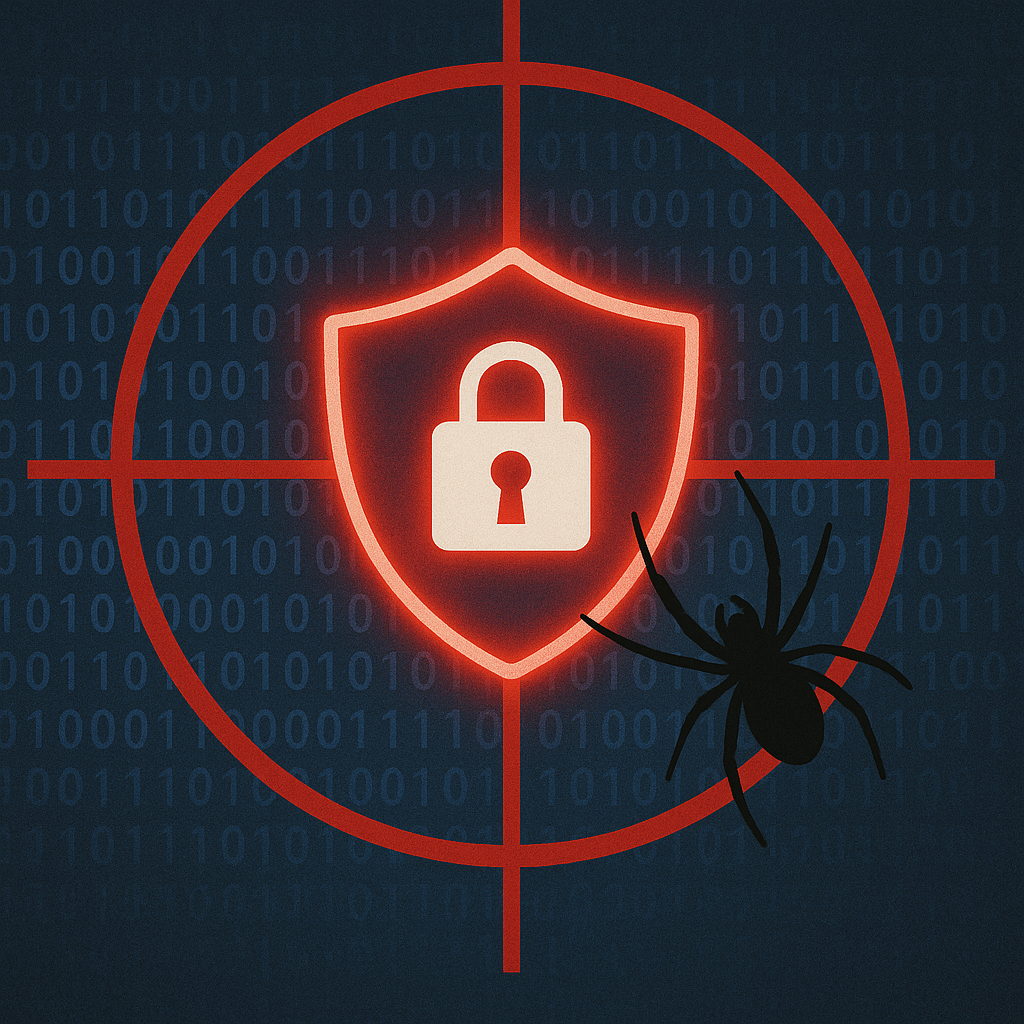‘Your account has been blocked. Please update your account details. We were unable to deliver your parcel. Click on the link for more information. Hi Mum, I've got a new mobile phone. Please save the new number!’
Do these messages sound familiar? You are not alone. More and more people and companies are falling victim to cyber attacks. Whether it's phishing, smishing (fraud via text message), vishing (telephone fraud) or quishing (fake QR codes) – the number of cyber attacks is rising rapidly. Around 2,200 attacks are recorded every day, that’s one attack every 39 seconds!

Total damage caused by cyber attacks exceeds $7 trillion
Attackers' methods are evolving, and the use of artificial intelligence is becoming increasingly important. Cybercriminals are exploiting human weaknesses, using social engineering to infiltrate organisations. There has been a sharp rise in telephone scams and helpdesk attacks. According to a study by CrowdStrike, a global cybersecurity company, in 2024, the total damage caused by cyberattacks exceeded $7 trillion. Forecasts suggest that the global cost of cybercrime could soon reach $10.5 trillion annually.
This trend is increasingly alarming for companies. In the World Economic Forum's ‘Chief Risk Officers Outlook 2024’, 71% of chief risk officers expressed concern that cyber risks and criminal activities could seriously affect their organisations. In the Global Risk Report 2025 from the World Economic Forum's, cyber espionage and cyber warfare are among the five biggest global risks for the next two years.
Securing IT systems is a top priority
It is no longer a question of whether companies must protect themselves against cyberattacks, but how intensively and professionally they do so. At Vienna Insurance Group, the market leader in Central and Eastern Europe, cybersecurity is a top priority. Protecting customer data and securing IT systems are of the utmost importance. After all, it is necessary to keep an eye on the activities of more than 50 insurance companies and pension funds in 30 countries.
Vienna Insurance Group (VIG) has launched a comprehensive programme to counter the growing threat of cyberattacks. In the first half of 2024, a comprehensive Cyber Defence Center (CDC) programme was established to further strengthen its security posture. The Group's companies are serviced by three competence centers in Austria, Poland and the Czech Republic. This initiative is financially supported by the European Union through the European Cybersecurity Competence Center.

Cyber protection around the clock
Semi-automated processes and advanced technology make it possible to detect, analyse, and repel cyberattacks. The Group's IT systems are continuously monitored to identify potential security incidents at an early stage. The CDC works around the clock to respond quickly to threats. The competence centers in Austria, Poland and the Czech Republic have strengthened their capabilities for detecting and preventing security incidents and increased their resilience with new security solutions. The CDC programme is further supported by information events, awareness campaigns for employees and partners, and targeted measures in the area of digital media.
Don't give 'spiders' a chance
The aim is to raise cybersecurity awareness among VIG's key stakeholders. While 100% protection against attacks is impossible, threats can only be detected and prevented at an early stage if cyber security is firmly and sustainably anchored in daily business processes and employees remain alert to the human weaknesses that cybercriminals, often referred to as ‘spiders’, shamelessly exploit.


